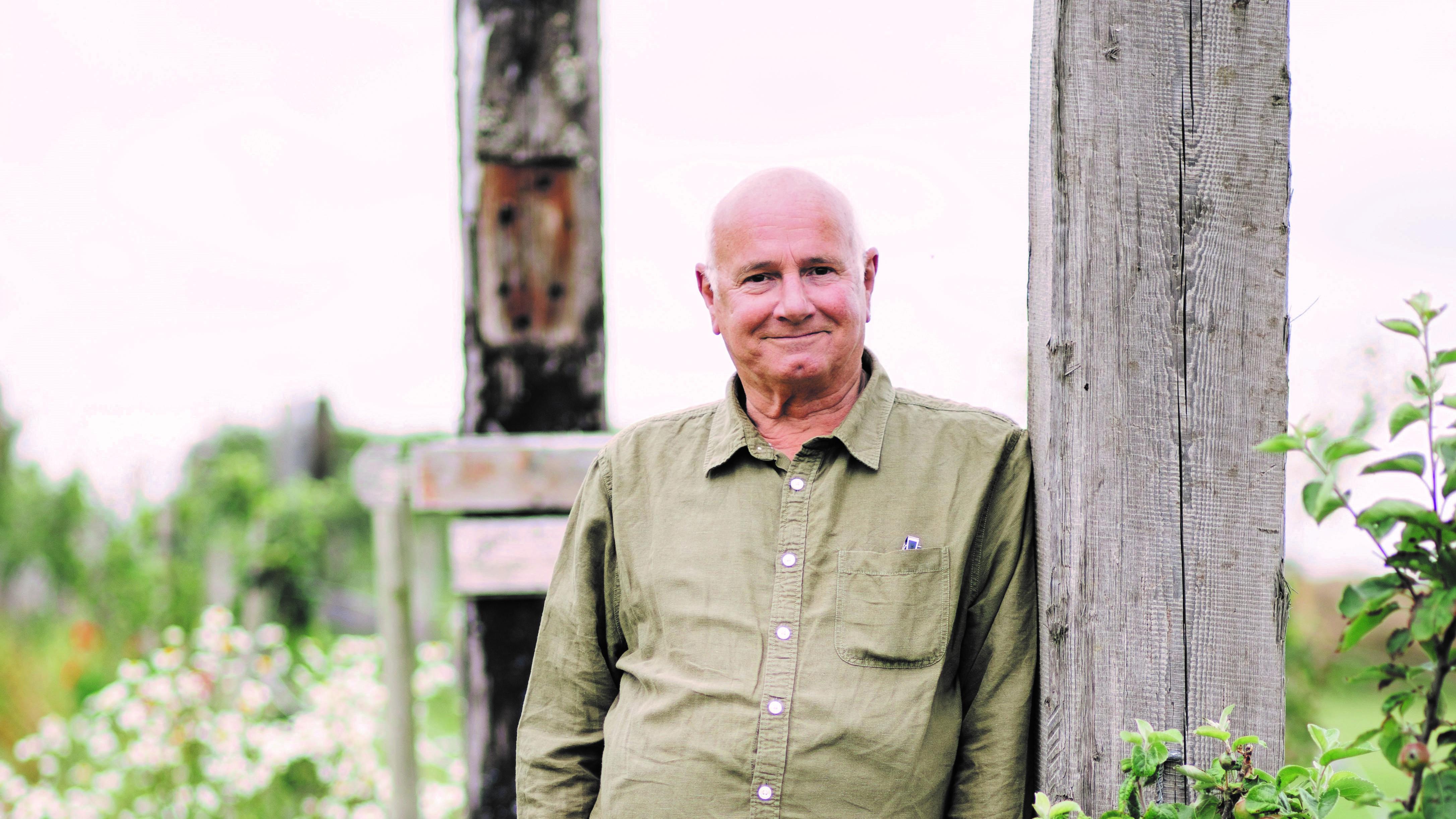
Spencer Wimbleton
"Volunteering has also impacted my own life. If I feel like I’ve helped somebody, that gives me a boost."
Spencer decided to become a volunteer after he was diagnosed with type 2 diabetes, and found the information provided by us very helpful.
An unexpected diagnosis
Spencer was diagnosed with type 2 diabetes in his early 60s. He says it came as “a bit of a blow” because he’d gone to his GP feeling very tired and so thought that he needed iron tablets. His only experience of diabetes before that was an uncle who’d died of diabetes complications when Spencer was very young, and an aunt who’d injected insulin using heavy glass syringes. So, at the time, he says “I felt like I’d been hit over the head with a sledgehammer; I thought the GP had given me a death sentence.”
A Diabetes Specialist Nurse (DSN) gave Spencer an information booklet which he says was “very boring” and no help at all. “I had no idea what diabetes was, what insulin was, what was going on inside me.” But luckily he had a friend who ran a health food shop, and she helped him to make changes – including eating breakfast instead of a chocolate bar before going to work every morning! – and Spencer managed his diabetes through diet and exercise alone for 8 years, before he needed to start taking diabetes medication.
"Getting stuck in" as a volunteer
Around 11 years ago, Spencer saw one of our adverts in a local newspaper, looking for volunteers to help on the Know Your Risk mobile roadshows. He applied, and says it was “a huge learning curve. Watching the ‘What Is Diabetes?’ video on the training day switched on all the lights – suddenly I knew what was going on inside me.” Spencer read the information provided by us, which he found very helpful and made him realise “this is a really good organisation.” Spencer went on to volunteer at roadshows all over Devon and Cornwall – in Penzance, Truro, St Austell, Plymouth, and Exeter (which he had to get up at 4am for!) – which he really enjoyed “I felt as though I’d been drawn into a family. I loved the people I was working with.”
When the roadshows ended, Spencer decided to “get stuck in” and is keen to volunteer at any event where he thinks he can support people and “get the information out.” With a team of volunteers, he takes information about diabetes to agricultural fairs and other events around Cornwall. He also often takes ‘props’ that he puts on the table as conversation starters, including a red stiletto that he calls “Janet’s shoe.” Every encounter with a member of the public will have an impact in some way. “Even if I don’t speak to anyone, I’ll set up my table with literature on it, and people will know the charity exists.”
Creative ways to support people with diabetes
As a volunteer, he works closely with a group of social prescribers, and is beginning to work with local GPs and DSNs. He also runs two local support groups, and is planning a third. He says one of his favourite things about volunteering is running the groups, particularly one that he runs in the style of “speed dating for people with diabetes.” Rather than inviting one speaker to talk to the whole group at the same time, he splits the meeting attendees in to smaller groups. They then move around the room to speak to different people, such as a researcher, a social prescriber, or a representative from Healthy Cornwall, who Spencer also works closely with. After 20 minutes with each person, the groups move on to speak to the next one. Spencer says people attending the group meetings seem to enjoy this; they are more inclined to talk if they’re in smaller groups and they form better relationships with one another. Running the groups is hard work, but it definitely pays off “I try to make it interesting so people can live a better quality life.”
“Don’t think about it, just do it. You’ll be part of a wonderful organisation."
Spencer feels volunteering has impacted his own life “If I feel like I’ve helped somebody, that gives me a boost.” Volunteering has clearly benefitted Spencer, and he’s come a long way since the way he felt when he was first diagnosed. Talking about his life away from volunteering, he said “I’m 80 and I’ve just bought a new pair of waterskis!”
And his message to anyone else thinking of volunteering is “don’t think about it, just do it. You’ll be part of a wonderful organisation. It’s great, I really enjoy it.”
